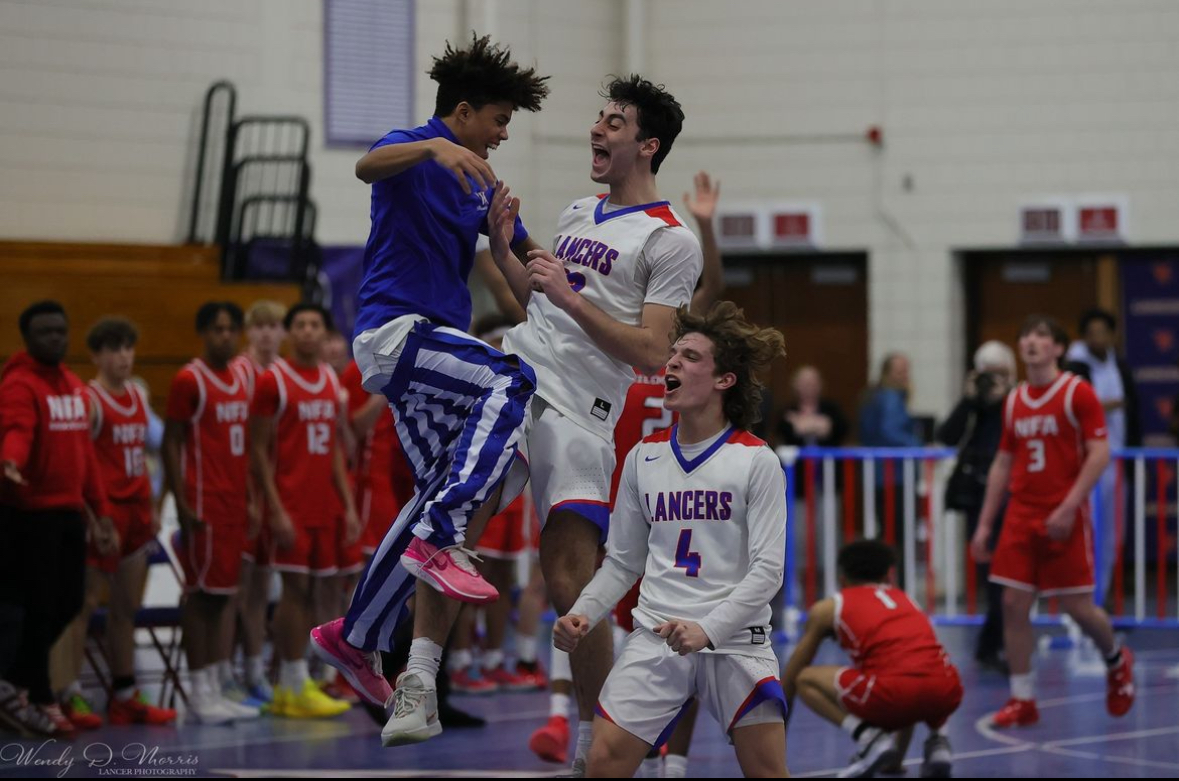Should Finals Exist?
June 6, 2023
In the midst of all the exciting, well-deserved end of year events, such as prom, spirit week, field day, class parties, etc, there is one event in particular that has students scrambling to relearn material they learned months ago. Final exams are coming up fast and many dedicated students are beginning their studying early. Underclassmen and specifically juniors, face a lot of stress during the lead up to finals, mainly because of the way those grades affect their college transcript. Seniors, however, are exempt from most of their final exams for a grade of 85 or higher in the class.
Graduating seniors are no strangers to final exams, and for the majority who know where they are attending college or pursuing careers into the workforce, their grades are not as important for the future as they were in their sophomore and junior years. For this reason, it is a WHS tradition that seniors be excused from academic class finals where they have maintained good standing thus far. Opinions vary on whether or not this is a justified tradition. Douglas Sherman, WHS civics teacher, understands the exemptions, but argues that they aren’t helpful to seniors going forward: “When you give seniors exemptions, you’re not doing them any service. If they go on to college, which most students do, their final exams will be a huge part of their grade and not being properly prepared could cause them to fail out of the class.” However, he does see the student perspective of the topic: “In my experience, seniors have a hard time concentrating, especially in the final days of their high school career, and cumulative exams may be harder for them. I hear a lot that there is an incentive throughout the year to keep their grade up, but is this accurate? Do students really try harder in class all year just to get one day off of school at the very end? I don’t know.”
While they may prepare students for college, the question remains if final exams, even for underclassmen, are crucial or if they cause fear right before summer break. This issue is one that particularly divides teachers and students. For instance, Kenneth Collins, who teaches English 10, as well as the senior memoir class, is an advocate for comprehensive exams. He went as far as to warn students in his sophomore classes that if Waterford administration were to eliminate final exams all together, he would still give a test at the end of the year, without the privilege of going home early: “The test would be shortened slightly to make up for time difference, but other than that it would be fairly substantial. I would have to think more about it, but most likely it would be summative of the quarter rather than the semester.”
Collins’ plan, however, is not favored among students. Sophomore Clare Ward says the idea of a final exam is “overly stressful” to her. She worries “about how that grade will affect my yearly grade without another chance to make it up.” For final exams in a year-long class, they are worth 10% of the final grade. Since exams take place in the last week of school, they are the final assessment that will be entered into the gradebook for all classes. While students who aren’t great test takers can usually redeem themselves in various assignments throughout the year, there is no redemption to be had following the time that exam grades are submitted. That being said, a lot of students don’t understand the weight of a final exam grade because that information isn’t widely published. In fact, the student handbook doesn’t address the topic, despite there being a section dedicated to midterms and final exams.
Although some may associate the word “exam” with the word “test,” an exam does not have to be in test form. Collins explained his definition of the word “exam,” saying, “Exam is a fairly broad term. Many classes do a project of some kind instead, which also has value. Summative assessments are beneficial to the student and teacher because they encourage review of the material they have been learning throughout the academic period.” Collins rebuts the anti-finals viewpoint. “I think it is a push against studying in general, the less studying the better. However, not making kids study is counter productive for success.” Often, extensive studying is the bigger concern people have with exams, not the tests themselves.
The cons of final exams are delineated in a study done by Faculty Focus in 2022 by Donald A. Saucier. Using research from a series of studies, Saucier found that the added stakes cause too many students to underperform, especially students with higher test anxiety levels. This lack of inclusivity is also showcased in the way that exams often limit a student’s ability to be creative. While teachers may emphasize the significance of individualism and personalization, test formatted exams normally eliminate any opportunity for students to apply their knowledge in a unique way.
Don’t fret, the end of the school year is also supposed to be fun. The purpose of exams is not to eat away at your happiness that the year is coming to a close, they are simply meant to ensure that you have a solid understanding of the classes’ topics. Whether or not final exams will ever be forgotten in Waterford High School is currently up in the air. One thing is for certain: you need to crack open a book because 2023 WHS final exams are on their way.
















